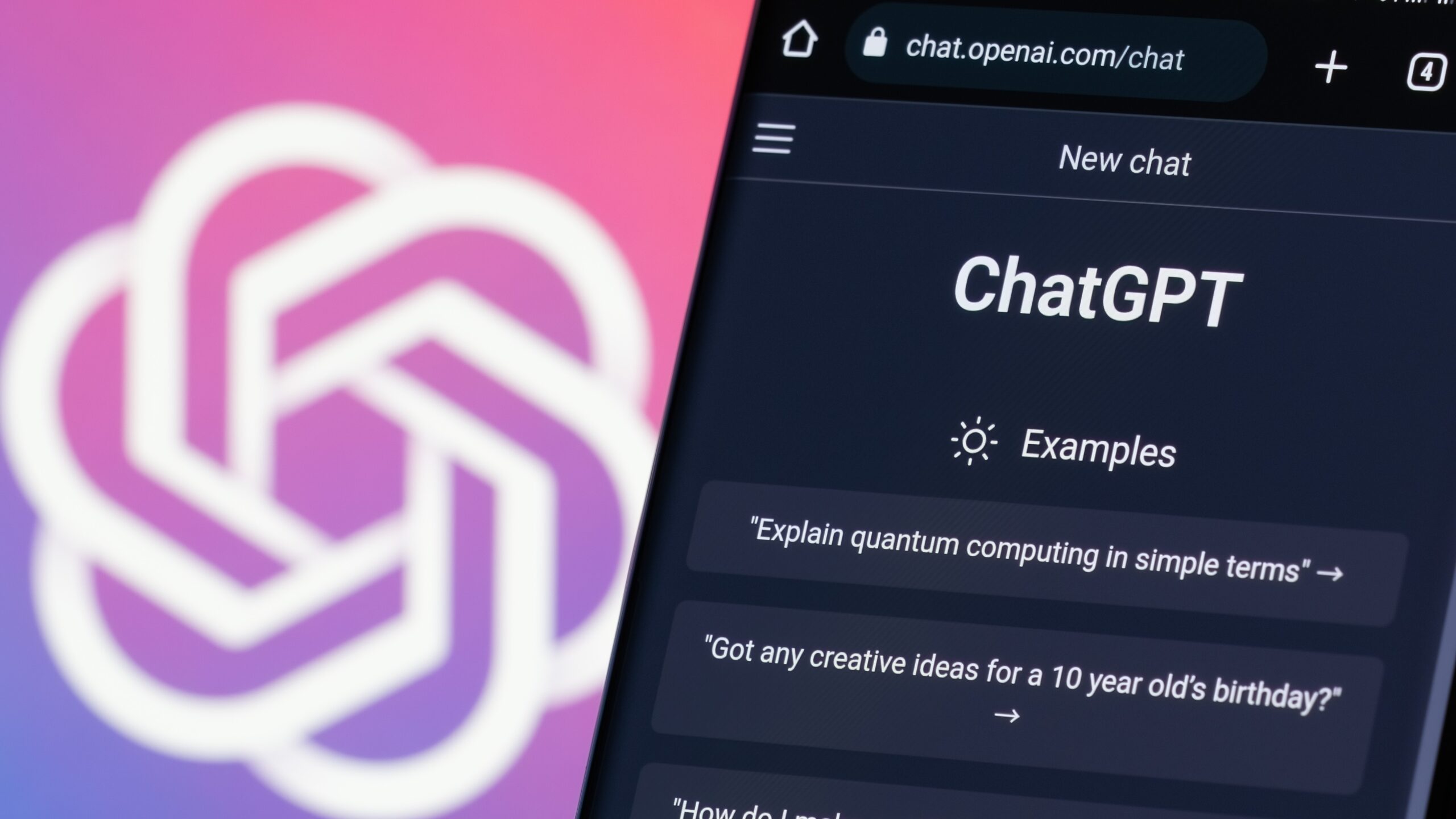Bluesky, the decentralized social-network platform built on the AT Protocol, has reached a milestone: the company says the service now has over 40 million registered users. Alongside that growth, Bluesky is rolling out a new beta feature: a “dislikes” button. The company plans to use the “dislike” signal to help personalize content and refine users’ feeds.
The new feature is voluntary and designed to be a private signal—likes and other reactions remain visible, but the system will not display public counts of dislikes. Instead, Bluesky says dislikes will help its algorithms understand what content should appear less often in a user’s feed or in the reply ranking. The goal is to make the platform feel more tailored and respectful, especially as it scales.
Bluesky’s growth comes amid changes in the broader social-media landscape. The platform has positioned itself as an alternative to large centralized networks, offering users more control over moderation, feeds, and content visibility. The introduction of dislikes suggests Bluesky is now shifting toward more advanced personalization tools, beyond simple follows and favorites.
Still, the rollout raises questions. Some users worry that introducing a dislike feature—widely viewed as a “negative” signal—could impact community tone, moderation challenges, or even encourage bad-faith feedback. Bluesky leadership has said that the dislike signal will not be used to publicly shame posts or users; instead it will function quietly behind the scenes, and users will only see the effect in what is and is not shown.
Bluesky now faces the test of converting registered users into active, engaged participants. Hitting 40 million registrations is a milestone, but the health of a social network often depends on daily use, content quality, and community culture. With the new dislikes beta and a promise to improve personalization, Bluesky is attempting to evolve from a niche platform into a mainstream contender.





